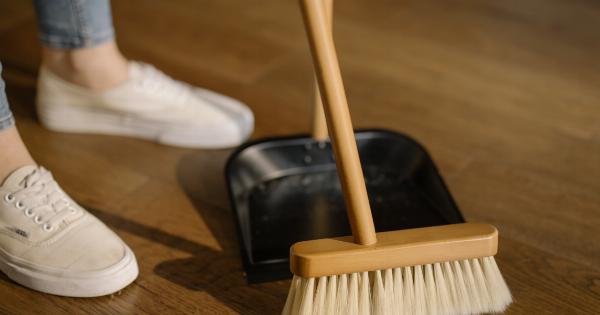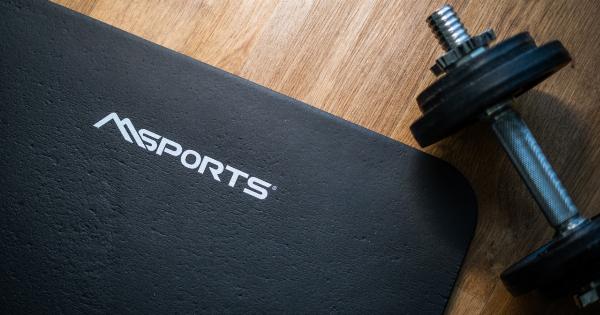Coffee is a popular beverage consumed worldwide. Aside from its delicious taste and energizing effect, it is known for its ability to help people stay awake and focused.
However, for some people, drinking coffee can cause digestive issues such as constipation. In this article, we will discuss the link between coffee and constipation, how coffee affects the digestive system, and other factors that contribute to constipation.
What is Constipation?
Constipation is a condition where bowel movements become less frequent and stool becomes difficult to pass. This can lead to discomfort, pain, and even anxiety in some people.
The severity of constipation varies on a case-by-case basis, but it is important to note that chronic constipation can lead to other health issues such as hemorrhoids or anal fissures.
How Does Coffee Affect the Digestive System?
Coffee is a diuretic, meaning it increases urine production and can lead to dehydration. Dehydration is one of the main causes of constipation because it makes it harder for stool to move through the digestive tract.
Additionally, coffee contains caffeine which can stimulate the muscles in the digestive system, causing them to contract and move stool forward. However, excessive caffeine intake can also lead to a laxative effect, making stool looser and more difficult to hold in.
Coffee and Colon Function
The colon is responsible for moving stool through the digestive system and into the rectum, where it is eventually expelled. Drinking coffee can affect the muscles in the colon, causing them to relax and slow down.
This can make it harder for stool to move through the digestive system, which can lead to constipation.
Other Factors that Contribute to Constipation
Aside from coffee, there are other factors that can contribute to constipation. These include:.
- Dehydration: Stool becomes hard and difficult to pass when there is not enough water in the body.
- Diet: Eating a diet low in fiber can lead to constipation because fiber helps move stool through the digestive system.
- Lack of exercise: Exercise helps stimulate the muscles in the digestive system, making it easier for stool to pass through the colon.
- Medications: Certain medications, such as pain relievers and antidepressants, can cause constipation.
How to Prevent Constipation
There are several ways to prevent constipation, including:.
- Drinking enough water: Making sure to drink enough water throughout the day can help prevent dehydration and make it easier for stool to pass through the digestive system.
- Eating a high-fiber diet: Eating foods high in fiber, such as fruits, vegetables, and whole grains, can help keep stool soft and easy to pass.
- Exercising regularly: Exercising helps stimulate the muscles in the digestive system and can prevent constipation.
- Avoiding excessive caffeine intake: Limiting caffeine intake can help prevent the laxative effect associated with coffee.
- Taking a laxative: In some cases, taking a laxative can help relieve constipation. However, it is important to talk to a healthcare provider before taking any laxatives to make sure they are safe and effective for your individual needs.
The Bottom Line
Coffee is a popular beverage consumed worldwide, but excessive caffeine intake can lead to constipation. Dehydration is one of the main causes of constipation, and coffee can contribute to dehydration because of its diuretic effect.
Additionally, caffeine can stimulate the muscles in the digestive system, causing them to contract and move stool forward. However, excessive caffeine intake can also have a laxative effect, making stool looser and more difficult to hold in. It is important to be mindful of caffeine intake and to take preventative measures to avoid constipation.































